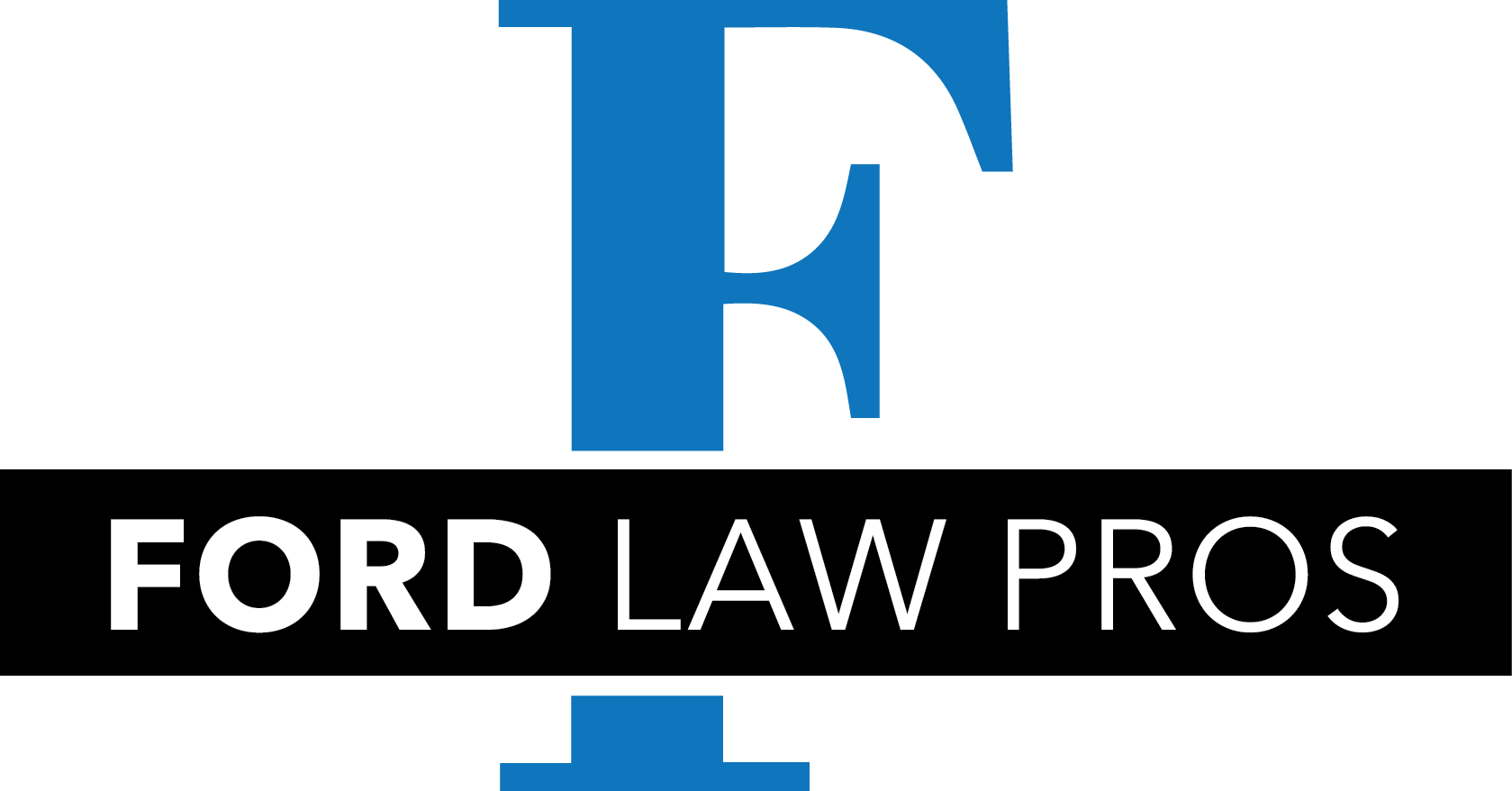My clients often want to leave the division of personal property up to their heirs. They usually say something like, “They’ll do the right thing.” I always want to respond, “Wrong answer.” I know this from experience. I was riding in the car with my godmother who told me that her mother recently died without a will. My godmother is the oldest of nine children and said that her siblings left all of the decisions about the estate to her. She appointed the youngest child to oversee their mother’s beautiful lakeside home and make sure all of the bills were paid. The siblings sent her money every month to cover the mortgage and taxes. I was shocked and told her that I did not recommend she do the same thing with her family—she needed to have a will. My godmother, however, insisted that just like her brothers and sisters worked everything out, her kids would do the same.
One year later my godmother called me in a panic and said that her mother’s home was facing foreclosure. Apparently, the trusted sibling had taken all of the funds that were supposed to go towards paying the bills and used them for herself. Oh, and I forgot to mention that she was the administrator of her mother’s estate, too. So not only did the family have to straighten out the mess with the bank but they had to get their sibling removed from the rolls as the administrator to prevent her from doing more harm. All of this because their mother did not leave behind a will or otherwise plan who would do what after she passed away. All of the burden to fix the mess fell on my godmother. And this, ladies and gentlemen, is why everyone should have an estate plan or at a minimum a last will and testament that is written with the assistance of competent legal counsel. Legal Zoom cannot compare to the experience and wisdom of an estate planning attorney who has written countless documents and received countless calls about disastrous circumstances that could have been prevented with the proper planning. I always incorporate experience from a bad situation to help me plan for the next client.
I know it can be difficult for families to pick and choose who will do what because they do not want anyone to feel slighted. But I ask my clients to do an honest assessment of their children and close relatives before they decide who will pay the important roles in the execution of their estate plan. I think my godmother probably knew her youngest child was not the most responsible of the bunch, but may have thought she would do what was best since their mom had passed away. In reality, she did what was best for her to the detriment of her mother’s estate and her siblings. Do not make the mistake of leaving it up to your loved ones to sort through your estate issues after you pass. Even if you have a will, you should make sure you have certain details including: who will administer your estate, and determine how you want your real property handled, especially if you think there will be a remaining mortgage. You can give your beneficiaries the first right of refusal and demand that the property be sold if none of your beneficiaries exercises that right within a certain period. This is particularly a good idea if your estate needs some liquidity or if your beneficiaries are simply irresponsible and will let the property deteriorate physically and financially. Whatever you do, have a plan and if you can afford it, hire counsel to help you think through the best plan for you and your loved ones.

